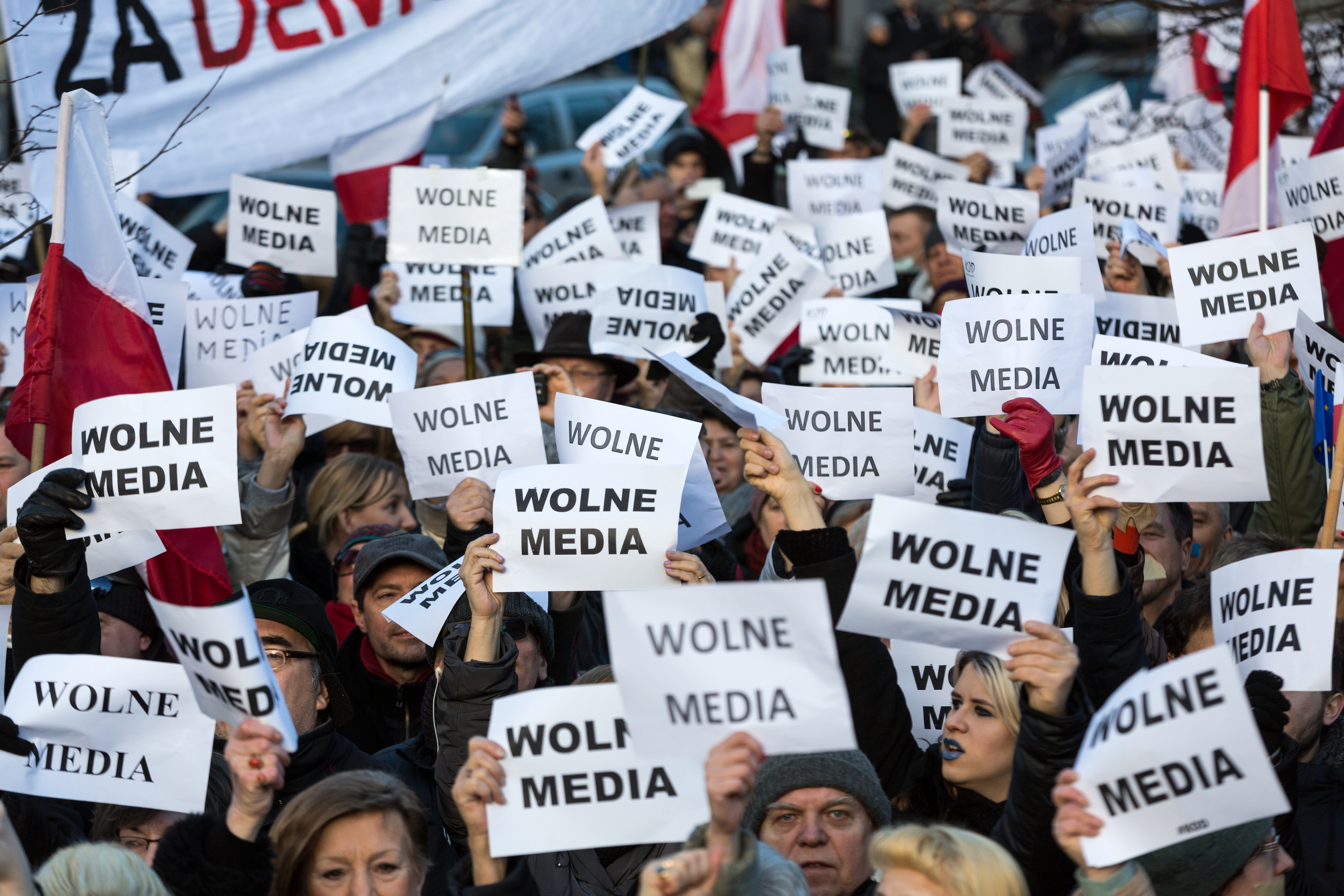The country, whose government is credited with inspiring media capture across Europe, has received yet another blow to its press freedom. The editor-in-chief of Hungary’s main independent news site Index, Szabolcs Dull, was fired from his post last week.
His sacking prompted the resignation of the outlet’s entire board as well as 70 journalists, with international organisations like Human Rights Watch calling his dismissal “a blow to media independence and diversity.” Dull believes he was sacked due to his writing about external influences on Index as well as the organisation’s critical attempts to track its own independence.
An open letter by Index staff was published on its website saying that Dull’s expulsion was a violation of its requirements to operate as an independent entity. “For years, we’ve been saying that there are two conditions for the independent operation of Index: that there be no external influence on the content we publish or the structure and composition of our staff,” the group said. “Firing Szabolcs Dull has violated our second condition. His dismissal is a clear interference in the composition of our staff, and we cannot regard it any other way but as an overt attempt to apply pressure on Index.hu.”
Dull’s dismissal led to significant rallies in Budapest on Friday, with thousands of protesters marching for press freedom and against Prime Minister Orban’s ongoing campaign to muzzle critical media outlets.
The government has denied any connection to the situation. However, according to the International Press Institute (IPI), “The Hungarian system of media control was deliberately designed to deter scrutiny and provide its rulers with superficial deniability.” Dull’s sacking follows a familiar pattern where media outlets are starved of advertising revenue making them vulnerable to rich business owners who quickly buy them up and dispose of the independent editorial boards in favour of pro-government supporters.
In 2016, the sudden closure of Népszabadság, Hungary’s largest opposition daily by “Orban allied investors” was protested by thousands of people. In 2014, Vaszily bought media platform Origo and, according to Human Rights Watch, “it has since adopted a pro-government editorial line”.
Crowd arriving at PM Orban’s office protesting the decline of #pressfreedom in #Hungary. Earlier today, most of Index’s staff resigned because management fired editor-in-chief Szabolcs Dull.https://t.co/7DyN022asJ pic.twitter.com/NSQR6xSj7l
— Index.hu (@indexhu) July 24, 2020
Last year, the Public Media Alliance reported on the situation in Hungary and quoted a report on the level of independence in Hungarian media. The report,commissioned by MEP Sven Giegold and produced by media monitor Mérték, revealed that almost 78% of the media are pro-government. This includes the country’s former public broadcaster, which is now widely regarded as state media with no transparency regarding its work or funding mechanisms.
Hungary currently ranks 89th out of 180 countries on the RSF World Press Freedom Index. The country has dropped two places since 2019.
Related Posts
7th July 2020
COVID-19: Amplifying the threats to public media
From political interference to funding…
27th March 2020
Governments must not use coronavirus as an excuse to curtail media freedom
The Public Media Alliance urges…
3rd July 2019
Threats to media independence continue across Central Europe
“Backslide”. This seems to be the word…



